The best BBQ Delivery Boxes in the UK from small sustainable British Farms
Written in collaboration with Babich Wines
From humble beginnings, organic wine has firmly taken root. Although organic wine has been around for decades, its most recent revolution got underway around 15 years ago. The wine we’re drinking – and more importantly enjoying – now is a world away from early iterations. But, it’s not been a smooth journey to get here, and there’s still a lingering stigma attached to organic when it comes to wine.
What is organic wine? For wine to be organic, it must be made with grapes grown in accordance with organic farming and wine making practices. This means there shouldn’t be any chemical pesticides, herbicides, fungicides or fertilisers used. Instead, it is produced by working more in line with nature to increase biodiversity and protect soil health. In the UK, look for the Soil Association logo as it accredits around 70% of all organic wines here. There’s also the European Union organic logo, for organic products produced in the EU. BioGro certifies New Zealand’s organic wines.
The rise of organic wine in the UK and globally
Organic wine has been around for decades but you’d be forgiven if your first impressions were not the best. Back then, the quality of the wines could vary so much that, frankly, some could be quite unappealing. It’s no surprise that some of these bad experiences have left consumers sceptical. “I think there’s still a bit of work to be undone,” says David Babich, a third-generation wine grower at Babich Wines in New Zealand whose organic offering dominates in the UK.
Fast forward to today, organic wine has moved from the periphery of the wine world to cement itself as a serious part of winemaking and drinking.
According to the Soil Association Certification’s Organic Market Report 2023, there’s been 25.4% growth in the organic food and drink market in just three years – compared with pre-pandemic performance – which impressively marks 11 years of consecutive growth. Organic wine has been a big winner.
This is mirrored globally too. Consumption of organic wine was around 400 million bottles a year in 2013 and is expected to reach a billion bottles this year.
“We’re up 250% on organic sales, over about a five-year period,” says David. Babich Wines planted their first organic vines about 17 years ago in Marlborough and produced their first organic wines a few years later in 2009.
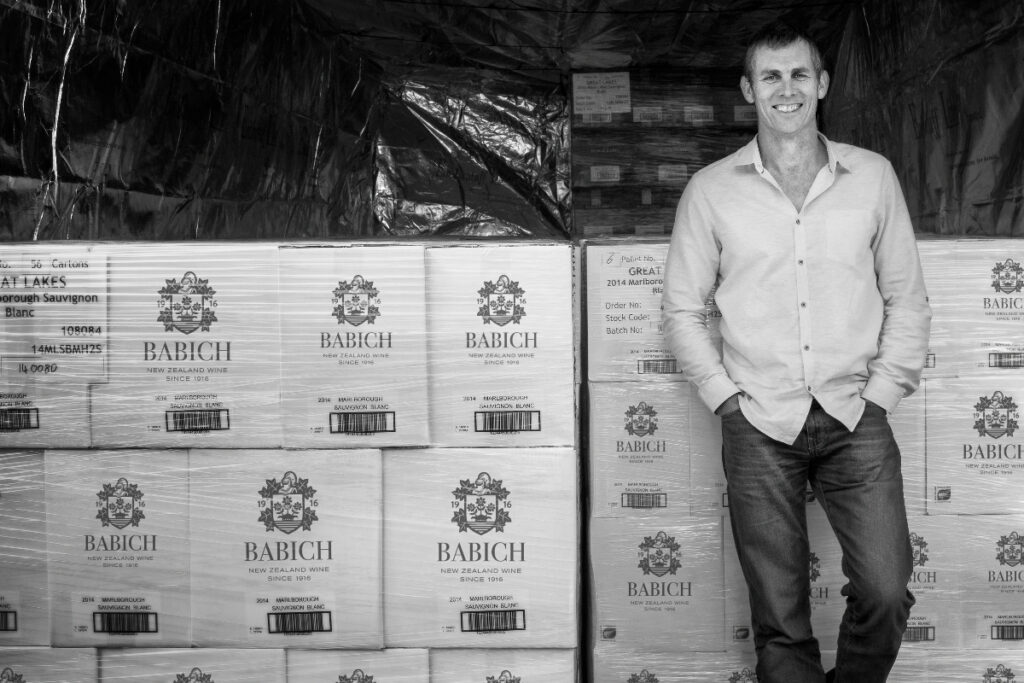
Organic wine UK: why demand is growing
Babich’s organic winemaking is entwined with the family’s 100-year connection to the land and founder Josip Babich’s commitment to maintaining healthy vineyards and environment. Even way back in 1916, Josip understood that the best grapes can only come from the best environments.
“We feel the sustainability side [of winemaking] is very much a cornerstone of what we do. And organics is part of sustainability,” says David. “It just fits with our ethos, and how we like to run our winery and vineyards.”
Higher demand for organic wines means they can invest in growing more organically, too. Currently, 15-20% of its wine is now organic, up from just 2% around a decade ago, and Babich plans to keep moving in this direction.
So what’s driving this increase in organic wine sales?
David thinks people “feel better about [buying] something that’s organic”.
Isabelle Legeron, Master of Wine, pioneer in natural wines and organic practices and founder of RAW Wine Fairs agrees.
“People buy organic and natural wines, because they believe in three things, really: they believe in ethics, they believe in the environment and they believe in health“, she says.
There’s lots of research about grapes that have grown organically having antioxidant capabilities. But, when it comes to wine the health benefits include the fact you’re “consuming a product that doesn’t have pesticide residue”, she adds.
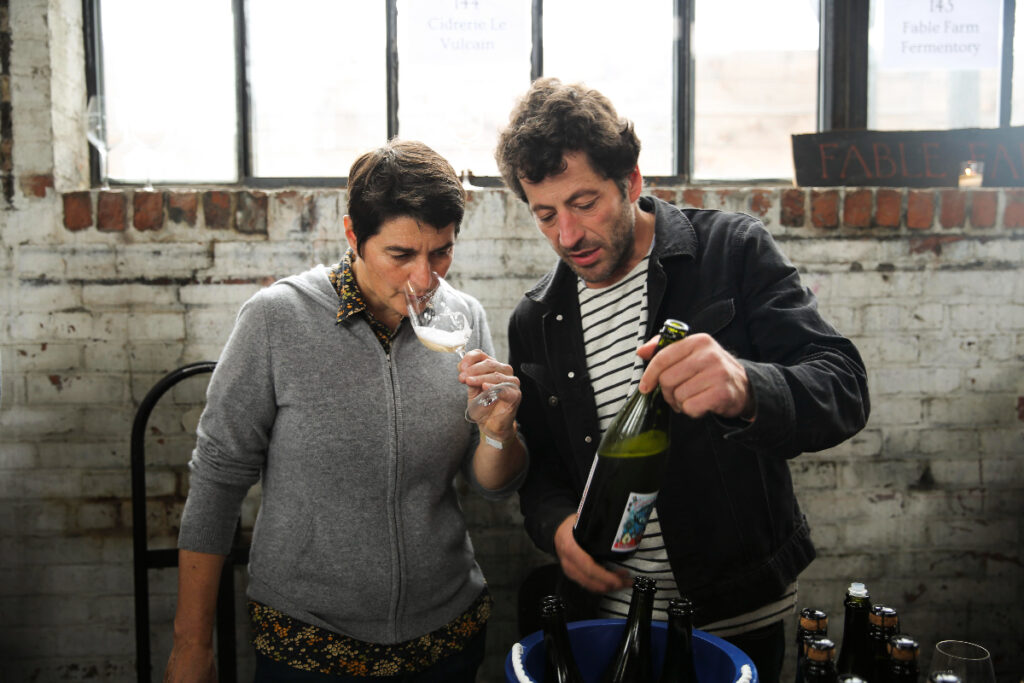
Organic wine UK: is it as good as conventional wine?
However, this feel-good factor alone does not mean all wine producers want to shout about their organic credentials. The organic sector is still having to steadily distance itself from the idea that it’s not as ‘good’ as conventional wine, the remnants of this reputation means some producers don’t put organic wording or symbols on their labels, or might decide to just put it on the back label.
David still doesn’t want Babich Wines to be in just the ‘organic’ section in a shop, as he feels it won’t sell as well. Instead, he’d rather customers find it in the grape variety/country section, enjoy it, and then notice it’s organic.
David explains that ten years ago, when it came to the wine’s top selling points, organic likely came as low as the third or fourth on the list. Although that is slowly changing, more important considerations for buyers are whether the wine is from a family-owned and single vineyard as well as having a great taste. All boxes that Babich Wines can confidently tick.
In fact, it’s not widely known that many organic wines are often single vineyard expressions which means the quality is generally of a super-premium plus level, with the awards and accolades to match.
As such, Nick Mason, Senior Buyer at English wine producer Bancroft Wines, agrees that consumers still aren’t ready for ‘organic’ to be the top billing feature of a wine. “If you lead with something being organic as its primary feature, it switches people off.”
Nick became interested in organic wine after developing really bad asthma and migraines.
He says: “As a buyer, there were certain tastings and I absolutely dreaded where I’d feel shockingly ill afterwards. I think I realised what a dirty industry I was working in.”
Can organic wine contain sulfites? Sulphur dioxide has a particularly bad reputation because of the legislation that requires all labels to state ‘contains sulphites’ for any bottles with more than 10 parts per million. The paradox is that even in natural wines the fermentation process can produce more than this organically. For the majority of wine drinkers, research suggests small doses of sulphites, up to about 100 parts per million, are not an issue.
This was the catalyst for Nick starting his own company with his wife in 2002, specialising in organic and biodynamic wines, which he says, “in those days was quite out there and the quality was extremely variable”.
Today, organic wine producers have honed their skills and refined their palates. They offer a true taste of the terroir and something completely different to large-scale production.
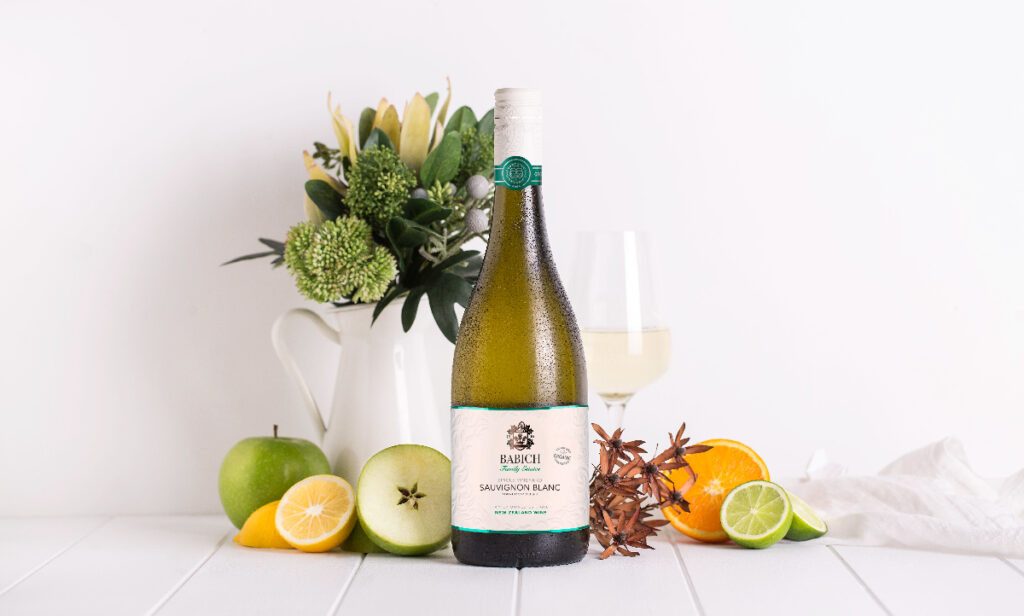
Sustainable wine: are organic wines better for the environment?
Organic wines are not only tasting better, they’re also better from an environmental perspective, too. Soil health is one of the most important aspects of organic farming, and in viticulture it’s arguably even more so, as wines are made to reflect and express the terroir, which includes the soil.
Farming in this way ensures the soil supports good roots, and it is full of organisms and life. But when vineyards are farmed intensively and the soil is not looked after, the top layer can easily be eroded away in heavy rains. This has happened in the Prosecco region in northern Italy as supply tries to keep up with its overwhelming demand of 500 million bottles a year. Reports say the area is losing up to 400,000 tonnes of soil each year, which is 11 times higher than the Italian average.
Ideally, healthy vines need a long root system that can reach lower levels of the six soil horizon levels, which has far more nutrients than the layers closer to the surface. “Vines are so competitive, if you force them to go down by planting cover crops, they will out-compete everything else and they’ll start taking nutrients from a much bigger horizon of nutrients and minerals,” says Nick.
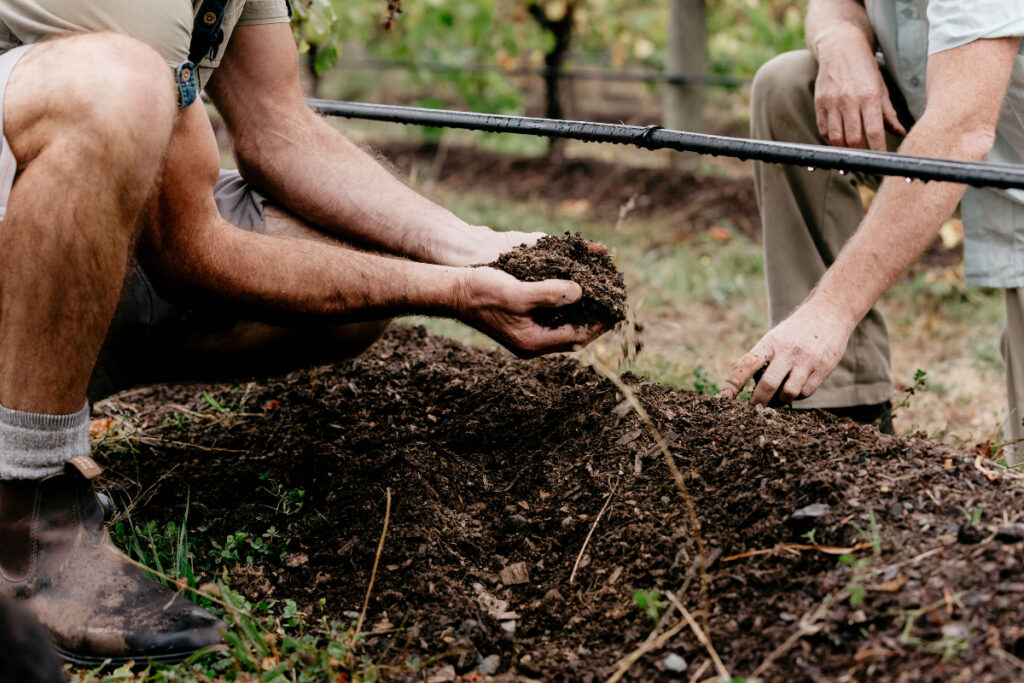
While back up above ground, over time, working organically and removing chemical sprays from production helps to improve biodiversity, too. Nature does its thing and evolves to its surroundings when it’s not manipulated with chemicals, which is what David’s seen with his vines. “What we find with organics is if you run things organically for several years, the grape skins thicken up, and the grapes naturally become more resistant.”
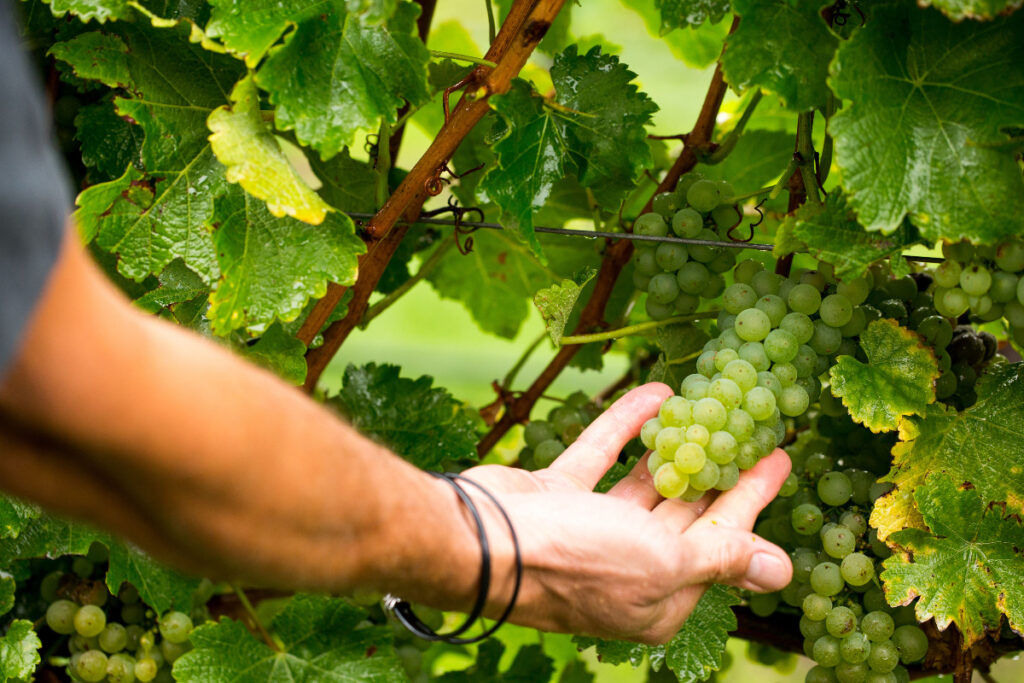
Why are organic wines more expensive?
Despite the health and environmental benefits, for a lot of consumers choices ultimately come down to price. The slightly higher price of organic wines makes it harder to convince some buyers.
Understandably during a cost of living crisis, it’s difficult, but fundamentally wine is a luxury product and not an essential like food.
The wine industry seems to lag behind the food industry, where the ‘buy less, but better’ mantra gives way to the idea of buying better quality, but less often, and so not spending more.
Isabelle explains: “I think it’s about education and building the awareness that producing a really great bottle of wine requires a lot of woman and manpower, and that’s expensive.”
It’s this increased education that is helping to support producers too. “Now growers can sell their wines at a premium they need in order to farm properly, organically,” she says.
The commercial viability of making organic wine plays a huge part in its cost. Using chemical sprays in conventional winemaking not only easily keeps weeds at bay, but also prevents grapes from rotting, creating a higher yield. And without sprays, farming organically is a much more labour-intensive job, with higher risks as so much is out of your control.
“The commercial reality is also what’s been holding it back,” says David when it comes to the growth of organic wine. When following organic practices, David explains it’s much more hands-on, as well as using machinery and people more frequently, which adds up cost-wise. This is likely why only 6.2% of the world’s vineyards are organic, according to a report from the International Organisation of Vine and Wine.
Yet he still thinks organic wine will continue to power on. “As long as we can continue with this momentum, I think in ten years’ time, organic will be a really interesting and more normal space in wine… and much more mainstream than it is currently.”
While there’s plenty of room for growth, organic wine has undoubtedly come a long way in the past decade, in both taste and consumer opinion. We can all raise a glass to that.


